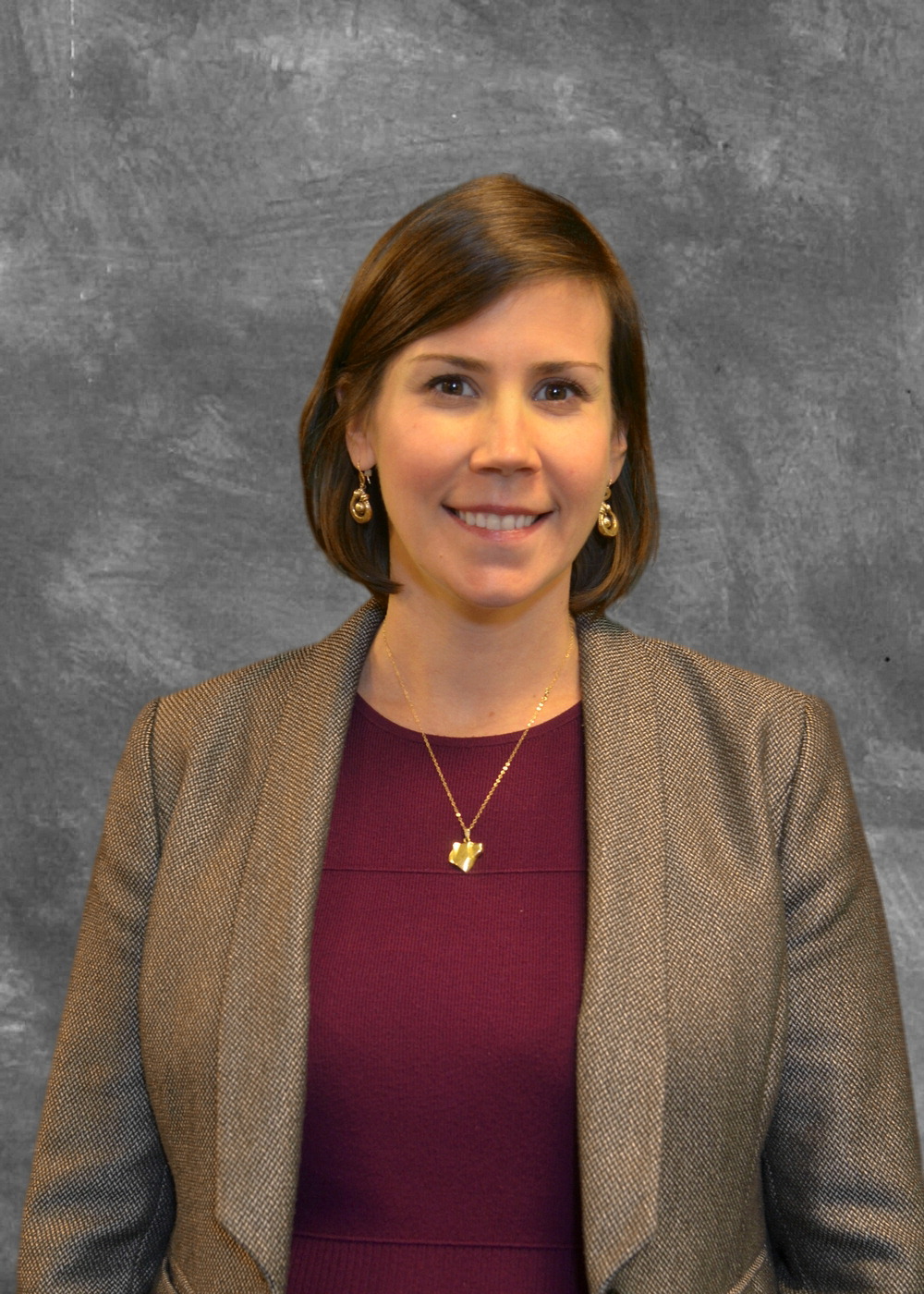 Lynn Pasquerella has served as the president of the Association of American Colleges and Universities since July 2016. A philosopher whose career has combined teaching and scholarship with local and global engagement, she has continuously demonstrated a deep and abiding commitment to ensuring that all students have access to excellence in liberal education, regardless of their socioeconomic background.
Lynn Pasquerella has served as the president of the Association of American Colleges and Universities since July 2016. A philosopher whose career has combined teaching and scholarship with local and global engagement, she has continuously demonstrated a deep and abiding commitment to ensuring that all students have access to excellence in liberal education, regardless of their socioeconomic background.
Pasquerella is a graduate of Quinebaug Valley Community College, Mount Holyoke College, and Brown University. She joined the faculty of the Department of Philosophy at the University of Rhode Island in 1985, rising rapidly through the ranks to the positions of vice provost for research, vice provost for academic affairs, and dean of the graduate school. In 2008, she was named provost of the University of Hartford. In 2010, she was appointed the eighteenth president of Mount Holyoke College. Pasquerella’s presidency of Mount Holyoke was marked by a robust strategic planning process; outreach to local, regional, and international constituencies; and a commitment to a vibrant campus community.
Pasquerella has written extensively on medical ethics, metaphysics, public policy, and the philosophy of law. She is president of the Phi Beta Kappa Society, a member of the boards of the Lingnan Foundation and the National Humanities Alliance, and sits on the advisory board of the Newman’s Own Foundation. In addition, Pasquerella is host of Northeast Public Radio’s The Academic Minute. She has received honorary doctorates from Elizabethtown College and Bishop’s University.

 Dr. Ashley Bear is a Senior Program Officer with the Board on Higher Education and Workforce at the National Academies of Sciences, Engineering, and Medicine. Before coming to the Academies, Dr. Bear was a Presidential Management Fellow with the National Science Foundation’s (NSF) Division of Biological Infrastructure in the Directorate for Biological Sciences, where she managed a portfolio of mid-scale investments in scientific infrastructure and led analyses of the impact of NSF funding on the career trajectories of postdoctoral researchers. During her fellowship years, Dr. Bear also worked as a Science Policy Officer for the State Department’s Office of the Science and Technology Adviser to the Secretary of State, where she worked to promote science diplomacy and track emerging scientific trends with implications for foreign policy, managed programs to increase the scientific capacity of State Department, and acted as the liaison to the Bureau of Western Hemisphere Affairs and the Bureau of East Asian and Pacific Affairs.
Dr. Ashley Bear is a Senior Program Officer with the Board on Higher Education and Workforce at the National Academies of Sciences, Engineering, and Medicine. Before coming to the Academies, Dr. Bear was a Presidential Management Fellow with the National Science Foundation’s (NSF) Division of Biological Infrastructure in the Directorate for Biological Sciences, where she managed a portfolio of mid-scale investments in scientific infrastructure and led analyses of the impact of NSF funding on the career trajectories of postdoctoral researchers. During her fellowship years, Dr. Bear also worked as a Science Policy Officer for the State Department’s Office of the Science and Technology Adviser to the Secretary of State, where she worked to promote science diplomacy and track emerging scientific trends with implications for foreign policy, managed programs to increase the scientific capacity of State Department, and acted as the liaison to the Bureau of Western Hemisphere Affairs and the Bureau of East Asian and Pacific Affairs. Dr. David C. Munson Jr. became president of Rochester Institute of Technology in 2017. Dr. Munson, the former dean of the University of Michigan’s College of Engineering, is the 10th president of the university.
Dr. David C. Munson Jr. became president of Rochester Institute of Technology in 2017. Dr. Munson, the former dean of the University of Michigan’s College of Engineering, is the 10th president of the university.